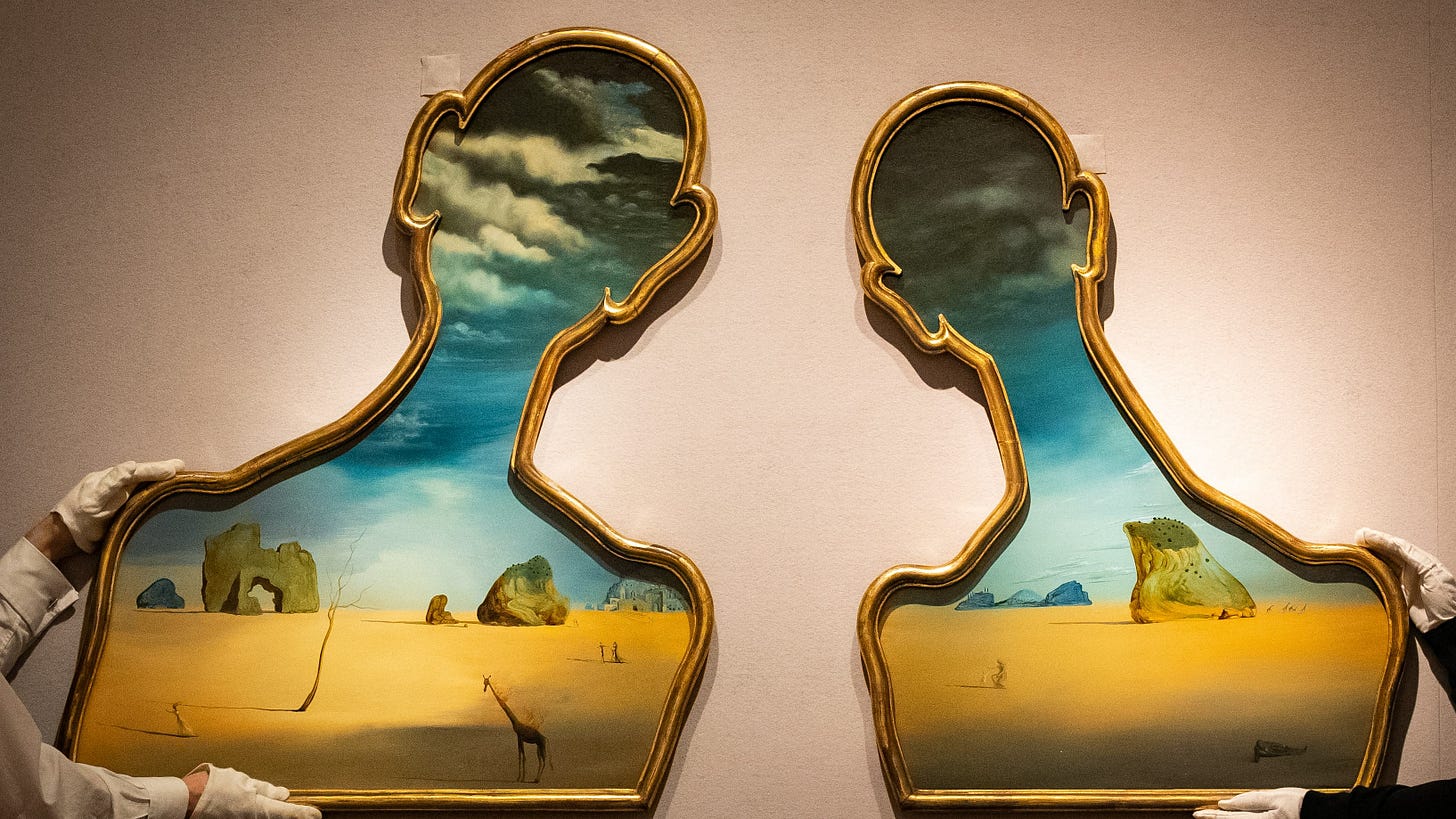The Shared Reality Beneath It All: AI’s Latest Breakthrough in Understanding Universal Truths
Imagine a group of sculptors, each working on different blocks of marble. Each has a unique technique, but as they chisel away, they all reveal the same hidden statue. The analogy describes a powerful discovery called Platonic Representation Hypothesis (PRH) in AI—a theory that suggests neural networks, even when trained on different types of data, are converging towards a shared understanding of reality.
The Theory
The Platonic Representation Hypothesis proposes that, as AI systems process diverse forms of data—whether it’s text, images, or sound—they refine this information into abstract, high-level representations. Over time, these different systems, despite starting from different points, begin to align on a shared statistical model of the world. It’s as if these neural networks are peeling back layers of reality to reveal a common underlying structure.
Simplifying the Concept
Just as the sculptors reveal the same statue from different blocks, AI systems are converging on the same underlying truths, regardless of the data they are trained on. The convergence suggests that there might be a universal representation of reality—a kind of shared language of concepts—that all these systems are working towards, almost as if they are discovering the same fundamental patterns hidden within the data.
Implications in Technology and Generative AI
The implications of this convergence are profound for the future of technology, particularly in the realm of generative AI. As different AI models align on a shared representation of reality, we could see a new era of interoperability between systems. Generative AI, in particular, could benefit from this unified framework, allowing for more coherent and contextually aware content creation across different modalities.
Here are some use cases to drive this theory home.
1. Cross-Platform Creativity: Imagine an artist using generative AI tools to create a piece of music. The same underlying model that helps the AI understand music could also assist in creating a visual representation of that music—turning sound into a coherent image or even a video. The convergence allows for more seamless creative expression across different media.
2. Enhanced Personal Assistants: As AI models share a unified understanding of reality, your virtual assistant could become far more contextually aware. For example, it could better understand the emotional tone of your voice (even though it was trained on text) and adjust its responses accordingly, making interactions more natural and empathetic.
3. Universal Translation: Imagine a translation tool that not only converts language but also cultural context and nuance, thanks to the shared reality AI models are tapping into. The tool could make cross-cultural communication smoother by understanding and conveying not just words, but the underlying meaning and emotion behind them.
4. AI-Driven Innovation: In industries like healthcare or finance, AI models that align on a shared reality could lead to breakthroughs in predictive modeling. For instance, a model trained on financial data might share insights with a healthcare model, leading to innovations in predicting economic impacts on public health.
Implications for Humanity
If machines, with their varying inputs and architectures, are converging on a shared reality, what does that say about us as humans? It suggests that, despite our diverse perspectives and experiences, we too are often searching for the same fundamental truths. The shared reality that AI is uncovering might be a reflection of the interconnectedness of human existence—an underlying unity that binds us together, beyond our individual differences.
Rumi’s wisdom reminds us that we are not isolated entities but part of a greater whole. Similarly, the convergence in AI might be showing us that there is a deeper, shared reality that unites not only the digital world but humanity itself. The realization could have profound implications for how we view both technology and our place in the universe, urging us to look beyond our individual drops and recognize the ocean of shared existence we all inhabit.
The Mirror
The Platonic Representation Hypothesis doesn’t just offer insights into AI—it holds a mirror up to humanity. It suggests that both machines and humans are engaged in a similar quest: to uncover the shared reality that lies beneath it all. As AI continues to advance, it might just bring us closer to understanding the deeper connections that unify us, reminding us, as Rumi aptly said, we are not drops in the ocean, we are the entire ocean in a drop. 💧
#AIConvergence #GenerativeAI #PlatonicHypothesis #TechAndHumanity #UnifiedReality #AIInnovation #DigitalConsciousness #RumiWisdom #SharedReality #AIandHumanity #FutureOfAI




